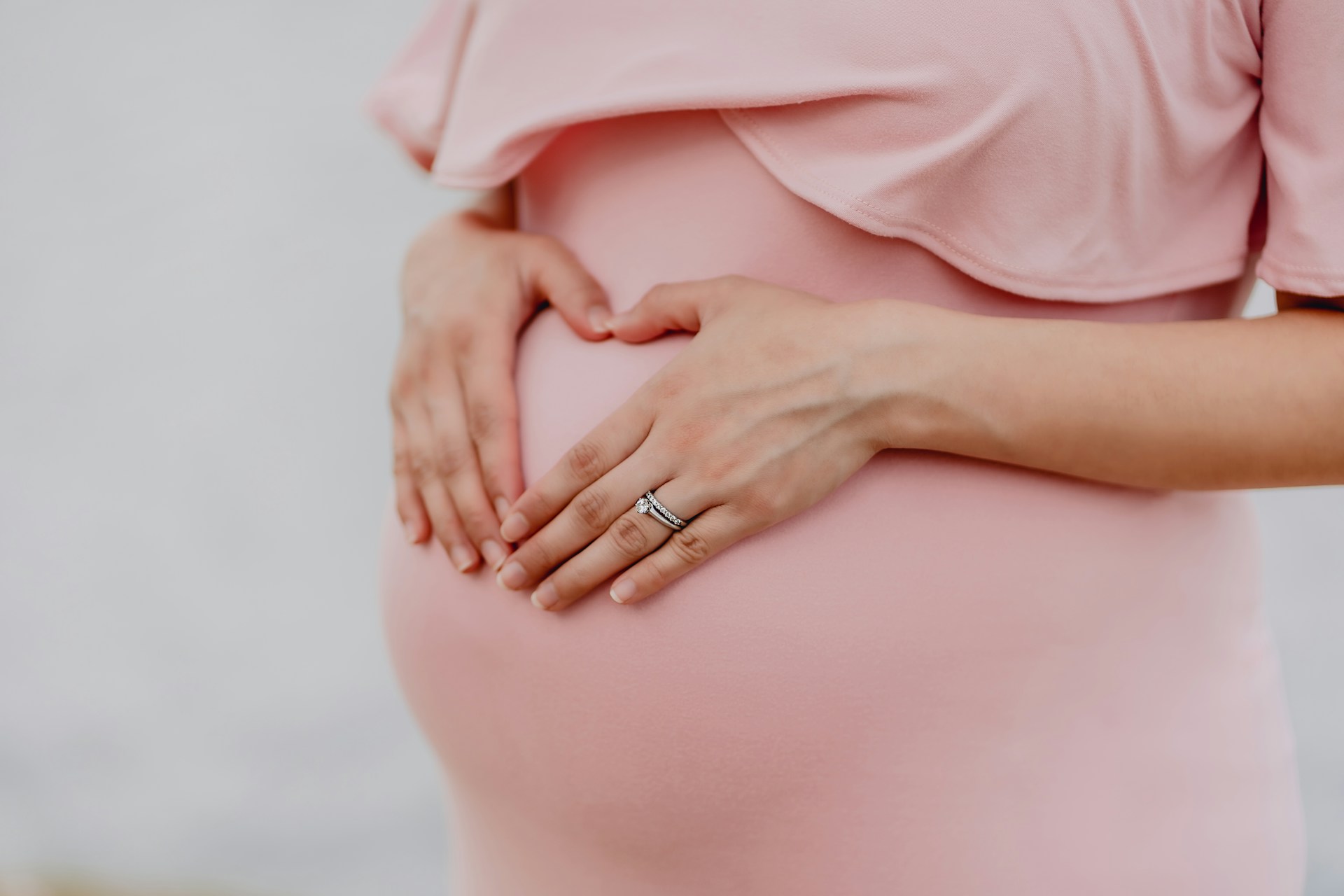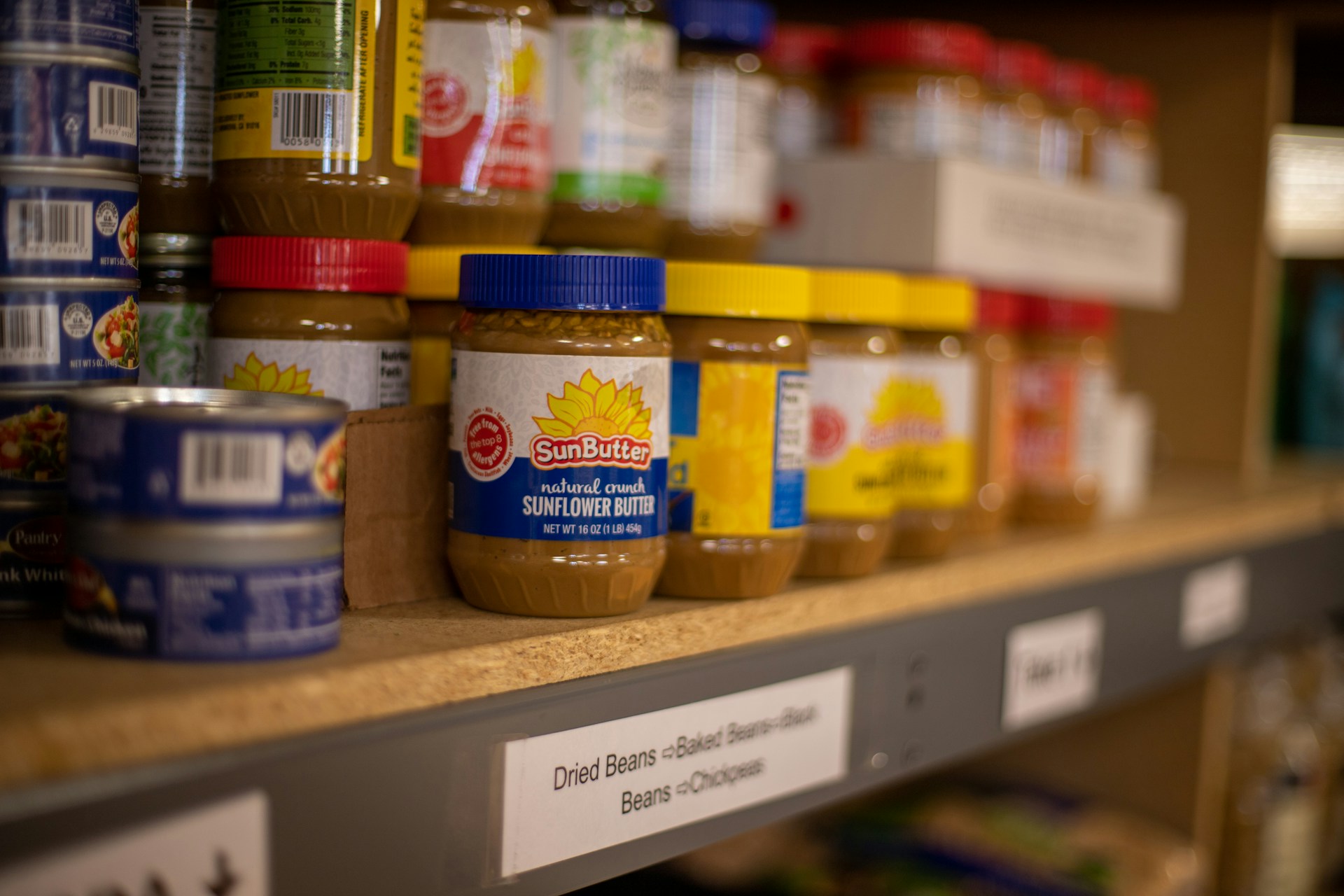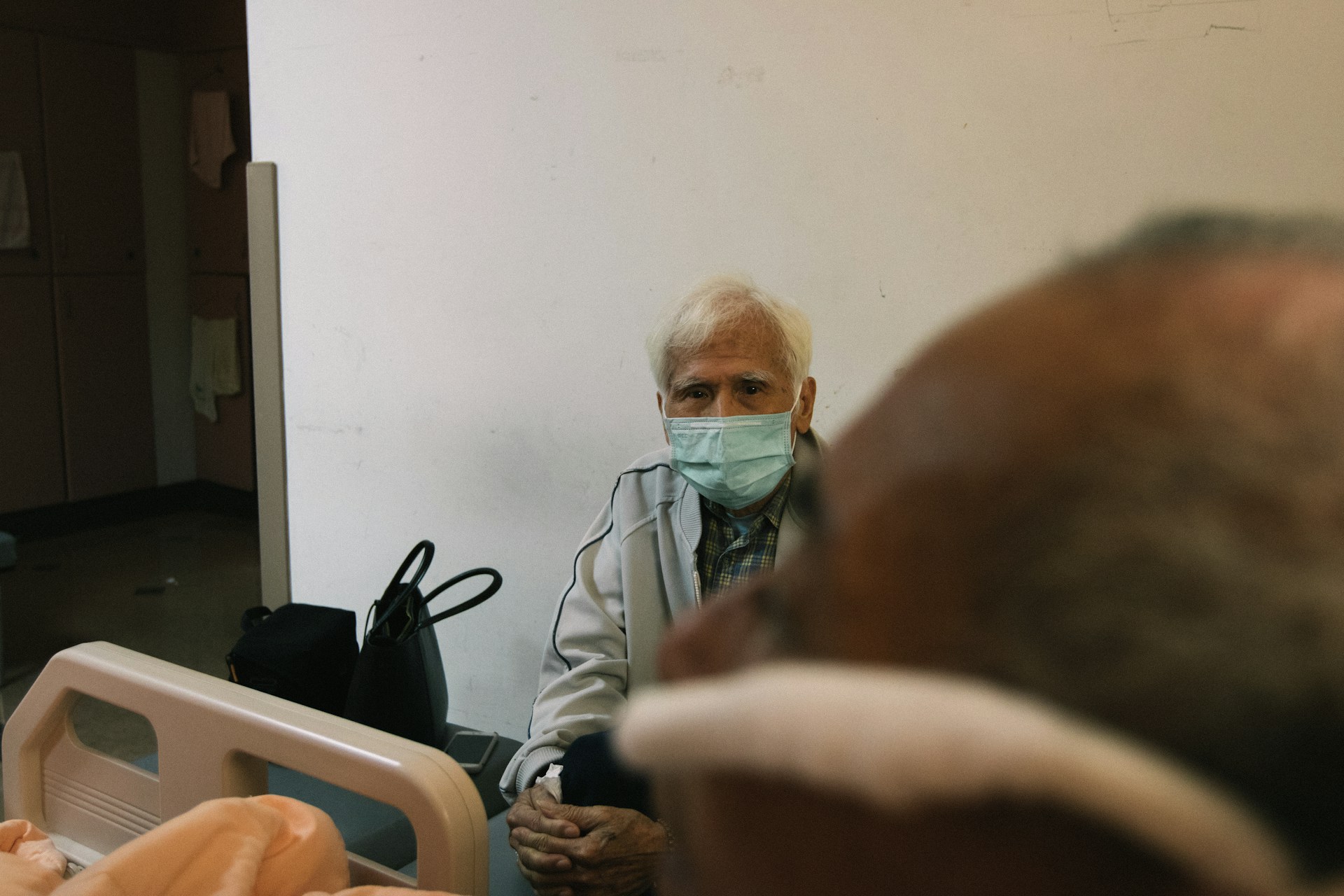The Influence of Maternal Knowledge Increase about Pregnant Women's Nutrition on Pregnancy Outcomes in Bengkulu City
Pengaruh Peningkatan Pengetahuan tentang Gizi Ibu Hamil terhadap Outcome Kehamilan di Kota Bengkulu, Indonesia

Downloads
Background: Poor maternal health knowledge indirectly affects pregnancy outcomes. According to previous research, as many as 65% of mothers with poor or below average understanding give birth to children with low birth weight (LBW). Maternal and infant health information is needed.
Objectives: To determine the effect of increased maternal knowledge on pregnancy outcomes.
Methods: This study used a non-randomized quasi-experimental methodology. The study was conducted in Bengkulu City from August 2023 to January 2024. This study involved pregnant women who lived in the working area of Bengkulu City health centers (five health centers). This study examined education, knowledge, and pregnancy outcomes. Validity and reliability were verified using a questionnaire (0.969 Cronbach's Alpha). Pre- and post-tests were conducted before and one month after school. The dependent t-test assessed the impact of the intervention and the correlation test assessed pregnancy outcomes.
Results: The average maternal knowledge before and after the intervention was 16.58 and 18.08. Pregnant women's understanding changed after the intervention (p-value=0.000). Increased maternal knowledge did not affect pregnancy outcomes (p-value=0.301).
Conclusions: There was an increase knowledge of pregnant women after education provision, but this did not have an impact on pregnancy outcomes. Education about pregnancy nutrition is very necessary so that mothers have good knowledge and maintain their intake.
Iradukunda, F. Food taboos during pregnancy. Health Care Women Int. 41, 159–168 (2020). DOI : 10.1080/07399332.2019.1574799.
Danielewicz, H. et al. Diet in pregnancy—more than food. Eur. J. Pediatr. 176, 1573–1579 (2017). DOI : 10.1007/s00431-017-3026-5.
WHO. WHO recommendation on antenatal care for a positive pregnancy experience. https://iris.who.int/bitstream/handle/10665/250796/9789241549912-eng.pdf?sequence=1 (2016).
Girard, A. W. & Olude, O. Nutrition Education and Counselling Provided during Pregnancy: Effects on Maternal, Neonatal and Child Health Outcomes. Paediatr. Perinat. Epidemiol. 26, 191–204 (2012). DOI : 10.1111/j.1365-3016.2012.01278.x.
Riazi, S. The effect of nutrition education based on the Health Belief Model ( HBM ) on food intake in pregnant Afghan immigrant women : a semi- experimental study. 1–22 (2024). DOI : 10.21203/rs.3.rs-4532155/v1.
Jouanne, M., Oddoux, S., Noël, A. & Voisin-Chiret, A. S. Nutrient Requirements during Pregnancy and Lactation. Nutrients 13, 692 (2021). DOI: 10.3390/nu13020692.
Bookari, K., Yeatman, H. & Williamson, M. Exploring Australian women’s level of nutrition knowledge during pregnancy: a cross-sectional study. Int. J. Womens. Health Volume 8, 405–419 (2016). DOI: 10.2147/IJWH.S110072.
Skolmowska, D., Głąbska, D., Kołota, A. & Guzek, D. Effectiveness of Dietary Interventions to Treat Iron-Deficiency Anemia in Women: A Systematic Review of Randomized Controlled Trials. Nutrients 14, 2724 (2022). DOI: 10.3390/nu14132724.
Blondin, J. H. & LoGiudice, J. A. Pregnant women’s knowledge and awareness of nutrition. Appl. Nurs. Res. 39, 167–174 (2018). DOI: 10.1016/j.apnr.2017.11.020
Nnam, N. M. Improving maternal nutrition for better pregnancy outcomes. Proc. Nutr. Soc. 74, 454–459 (2015).DOI: 10.1017/S0029665115002396.
Wubetu, A. D., Amare, Y. E., Haile, A. B. & Degu, M. W. Newborn Birth Weight and Associated Factors Among Mother-Neonate Pairs in Public Hospitals, North Wollo, Ethiopia. Pediatr. Heal. Med. Ther. Volume 12, 111–118 (2021). DOI: 10.2147/PHMT.S299202
Martinson, M. L. & Choi, K. H. Low birth weight and childhood health: the role of maternal education. Ann. Epidemiol. 39, 39-45.e2 (2019). DOI: 10.1016/j.annepidem.2019.09.006.
Ota, E., Hori, H., Mori, R., Tobe-Gai, R. & Farrar, D. Antenatal dietary education and supplementation to increase energy and protein intake. Cochrane Database Syst. Rev. 2015, (2015). DOI: 10.1002/14651858.CD000032.pub3.
Teweldemedhin, L. G. et al. Effect of nutrition education by health professionals on pregnancy-specific nutrition knowledge and healthy dietary practice among pregnant women in Asmara, Eritrea: a quasi-experimental study. BMJ Nutr. Prev. Heal. 4, 181–194 (2021). DOI: 10.1136/bmjnph-2020-000159
Sariyati, S., Subiyanto, A., Anantanyu, S. & Respati, S. H. Android-based Health Promotion Influences Pregnant Women’s Motivation in Consuming Iron Tablets in Bantul Indonesia. Univers. J. Public Heal. 12, 774–780 (2024). DOI: 10.13189/ujph.2024.120417.
Rahmawati, W., Willcox, J. C., van der Pligt, P. & Worsley, A. Nutrition information-seeking behaviour of Indonesian pregnant women. Midwifery 100, 103040 (2021). DOI: 10.1016/j.midw.2021.103040.
Zelalem, A., Endeshaw, M., Ayenew, M., Shiferaw, S. & Yirgu, R. Effect of Nutrition Education on Pregnancy Specific Nutrition Knowledge and Healthy Dietary Practice among Pregnant Women in Addis Ababa. Clin. Mother Child Heal. 14, (2017). DOI: 10.4172/2090-7214.1000265.
Khoramabadi, M. et al. Effects of Education Based on Health Belief Model on Dietary Behaviors of Iranian Pregnant Women. Glob. J. Health Sci. 8, (2015). DOI : 10.5539/gjhs.v8n2p230.
Maykondo, B. K. et al. A qualitative study to explore dietary knowledge, beliefs, and practices among pregnant women in a rural health zone in the Democratic Republic of Congo. J. Heal. Popul. Nutr. 41, 51 (2022). DOI: 10.1186/s41043-022-00333-7
Fallah, F., Pourabbas, A., Delpisheh, A., Veisani, Y. & Shadnoush, M. Effects of Nutrition Education on Levels of Nutritional Awareness of Pregnant Women in Western Iran. Int. J. Endocrinol. Metab. 11, (2013). DOI: 10.5812/ijem.9122.
Abu-Baker, N. N., Abusbaitan, H. A., Al-Ashram, S. A. & Alshraifeen, A. The Effect of Health Education on Dietary Knowledge and Practices of Pregnant Women in Jordan: A Quasi-Experimental Study. Int. J. Womens. Health Volume 13, 433–443 (2021). DOI: 10.2147/IJWH.S303568.
Soliman, A.-Z., Hassan, A., Fahmy, H. & E. Abdelsalam., A. Effect of Nutritional Education Intervention on Knowledge, Attitude and Practice of Pregnant Women towards Dietary habits, Physical activity and Optimal Gestational Weight Gain. Zagazig Univ. Med. J. 0–0 (2019) doi:10.21608/zumj.2019.13936.1270.
Bunga Putri Arindra, Bastianus Doddy Riyadi, Juin Hadisuyitno & Sugeng Iwan Setyobudi. Effect of Nutritional Counseling using Online Media (Nutrilove) on The Nutritional Knowledge of Pregnant Women. Media Gizi Indones. 19, 180–187 (2024). DOI: 10.20473/mgi.v19i2.180-187.
Pratiwi, D., Ismail, D., Mufdlilah, M. & Cholsakhon, P. The Effect of Health Education on Mother’s Knowledge Attitudes and Behavior in Giving Care to Low Birth Weight Babies. J. Info Kesehat. 19, 97–109 (2021). DOI: 10.31965/infokes.vol19.iss2.525.
Mvula, M. M. & Miller, J. M. Is knowledge of health behavior associated with low birth weight? J. Matern. Fetal. Med. 8, 134–137 (1999). DOI: 10.1002/(SICI)1520-6661(199905/06)8:3<134::AID-MFM12>3.0.CO;2-Q.
Acharya, P., Adhikari, S. & Adhikari, T. B. Mother’s perception of size at birth is a weak predictor of low birth weight: Evidence from Nepal Demographic and Health Survey. PLoS One 18, e0280788 (2023). DOI: 10.1371/journal.pone.0280788.
Alemayehu, G. M., Chernet, A. G. & Dumga, K. T. Determinants of child size at birth and associated maternal factor in gurage zone. J. Reprod. Infertil. 21, 138–145 (2020). https://pmc.ncbi.nlm.nih.gov/articles/PMC7253936/.
Copyright (c) 2025 Amerta Nutrition

This work is licensed under a Creative Commons Attribution-ShareAlike 4.0 International License.
AMERTA NUTR by Unair is licensed under a Creative Commons Attribution-ShareAlike 4.0 International License.
1. The journal allows the author to hold the copyright of the article without restrictions.
2. The journal allows the author(s) to retain publishing rights without restrictions
3. The legal formal aspect of journal publication accessibility refers to Creative Commons Attribution Share-Alike (CC BY-SA).
4. The Creative Commons Attribution Share-Alike (CC BY-SA) license allows re-distribution and re-use of a licensed work on the conditions that the creator is appropriately credited and that any derivative work is made available under "the same, similar or a compatible license”. Other than the conditions mentioned above, the editorial board is not responsible for copyright violation.












































